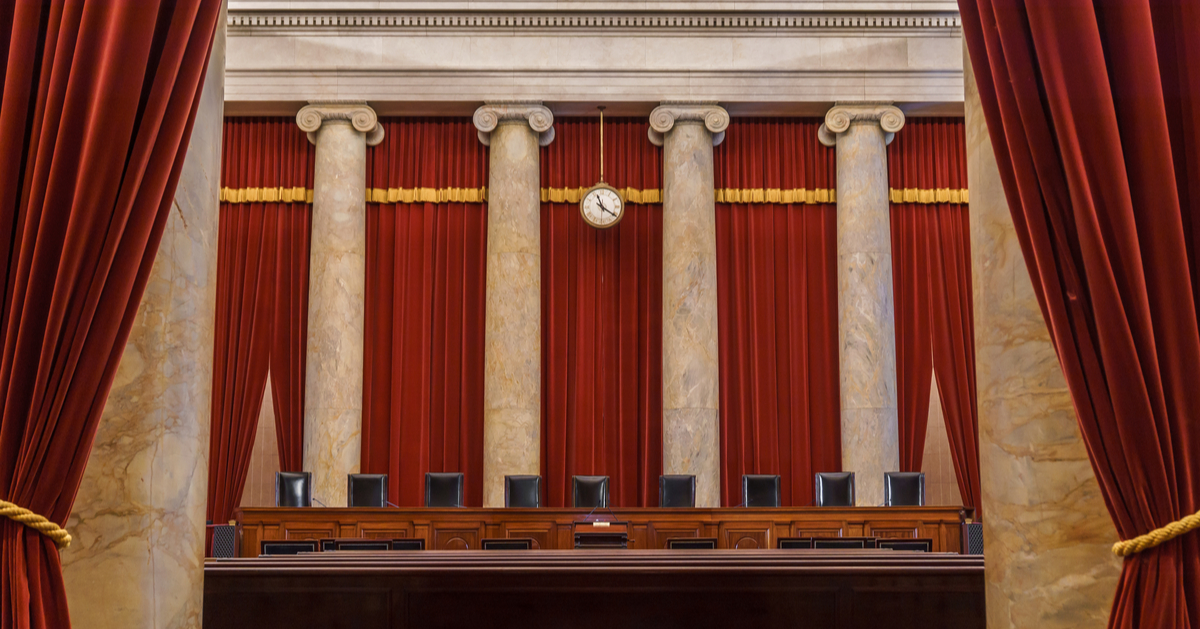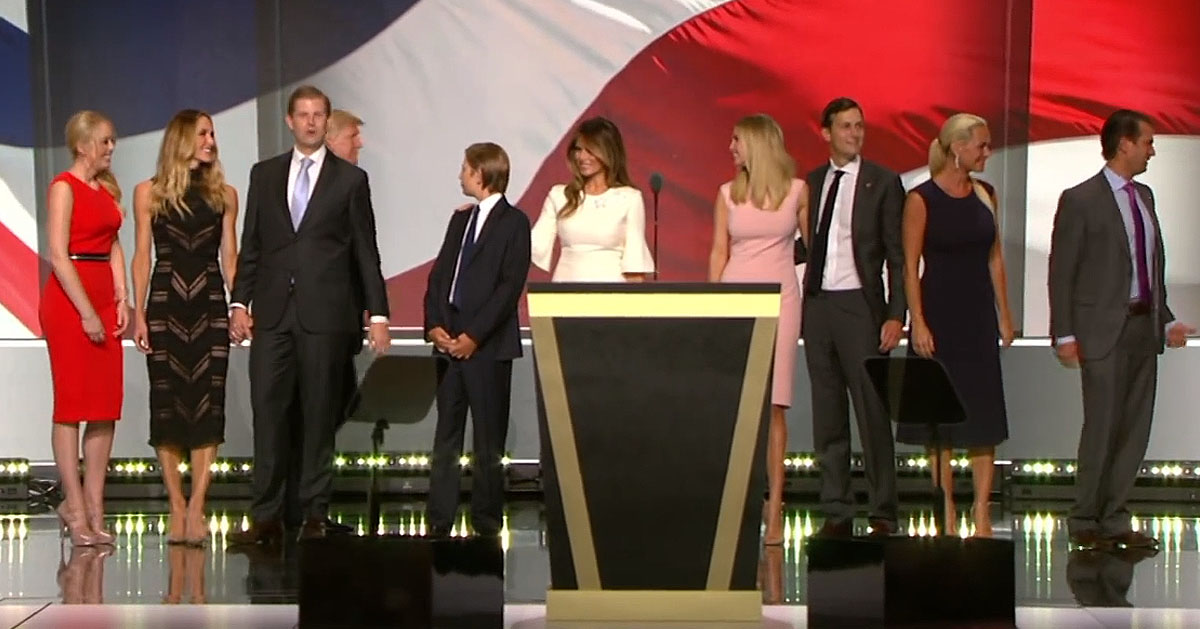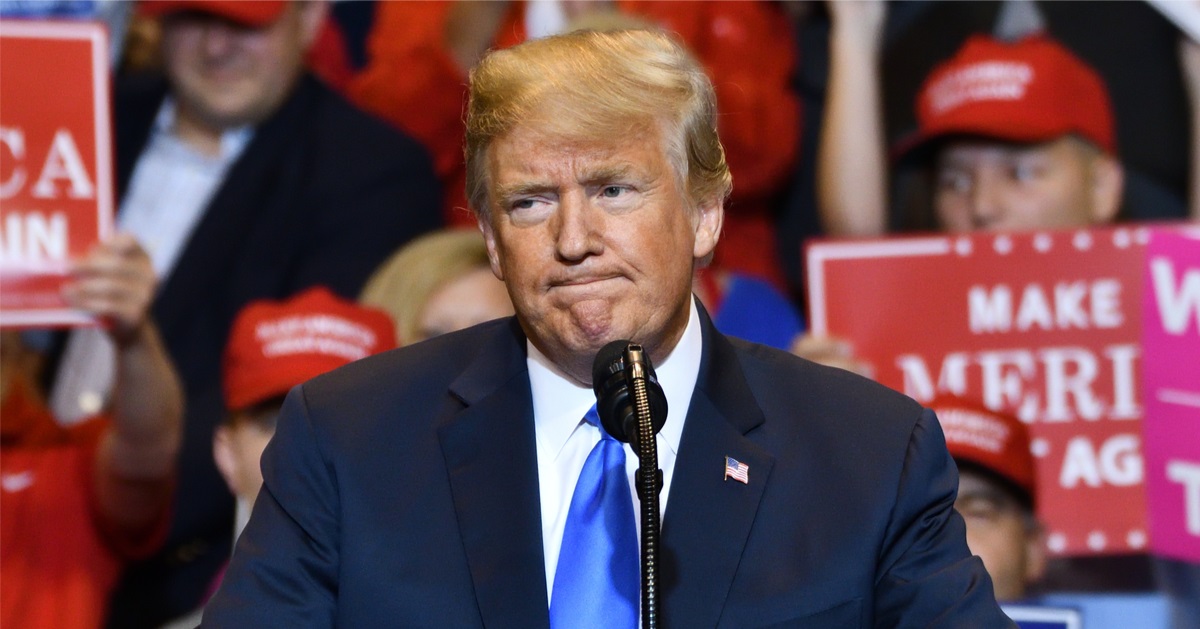Supreme Court grants Trump petition to fire FTC commissioner temporarily while it considers case
The U.S. Supreme Court on Monday allowed the firing of Federal Trade Commission Commissioner Rebecca Slaughter on a temporary basis while the court considers the case against the Trump administration.
Slaughter has been rehired and refired several times as her suit against President Donald Trump has made its way through the courts.
After an appeals court ruled on September 2 that she should be reinstated, she immediately returned to work for the rest of the week.
Slaughter said she respects the Supreme Court's ruling and will continue to fight her removal.
Can he do it?
"I intend to see this case through to the end," Slaughter said. "In the week I was back at the FTC it became even more clear to me that we desperately need the transparency and accountability Congress intended to have at bipartisan independent agencies."
At issue is whether the firings of Slaughter and the other Democrat-appointed commissioner, Alvaro Bedoya, violate the FTC Act and a 90-year-old Supreme Court ruling that said FTC commissioners can only be fired for cause, such as malfeasance.
No cause was given for the firings, which were done to bring the FTC into alignment with the Trump agenda.
Humphrey's Executor v. United States found that President Franklin D. Roosevelt's termination of an FTC commissioner was illegal, and it has pretty much not been challenged for 90 years until now.
However, the current Supreme Court has overturned other significant rulings like Chevron Deference and Roe V. Wade. Perhaps it might overturn Humphrey's Executor as well.
A different time
Solicitor General John Sauer made the point to the court that the FTC wields significantly more power than it did in the 1930s when Humphrey's Executor was decided.
The FTC now enforces dozens of statutes including the Sherman Act and can levy lawsuits that include injunctions and penalties.
"Contrary to the lower courts’ suggestion, Humphrey’s Executor does not mean that Article II permits tenure protections for any agency named the ‘Federal Trade Commission,’ no matter how much more executive power the FTC accumulates," Sauer said.
It won't take long for the Supreme Court to make a decision about the fate of Slaughter and Bedoya.
When it does, someone won't be happy. We just don't know yet who that will be.






